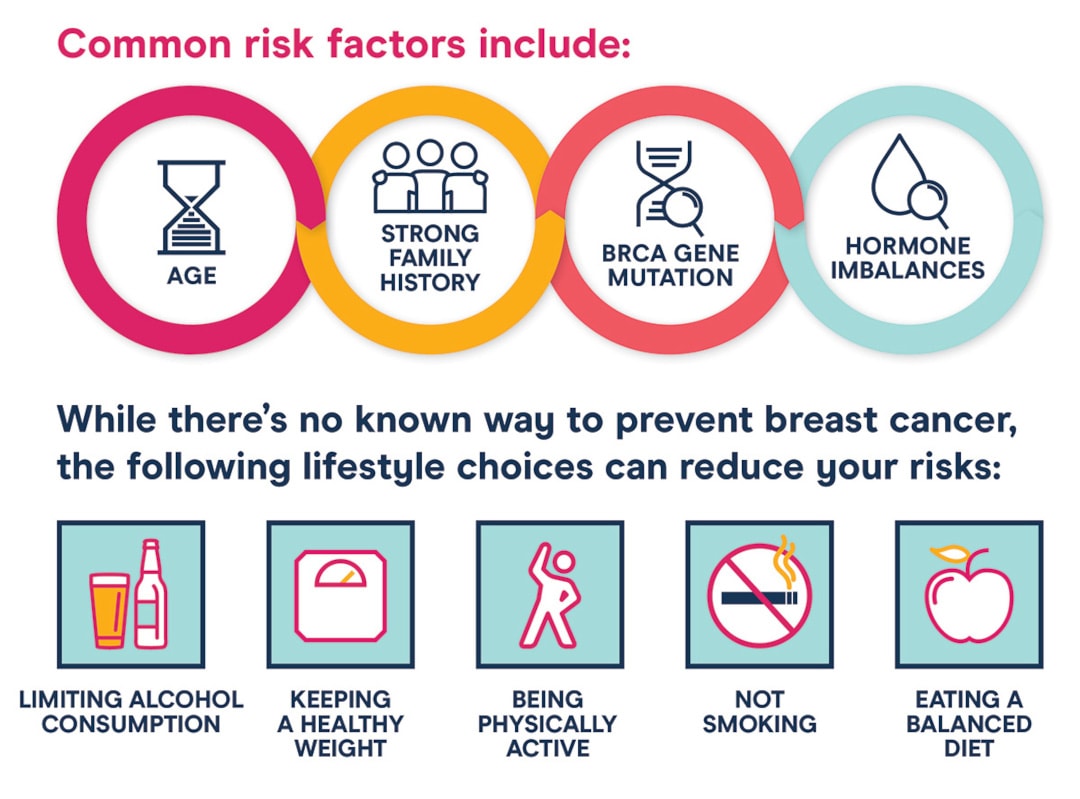You have returned to the top of the page.
TOWARDS
ZERO
THE KEY TO PERSONALISED TREATMENTS
LIES IN SINGLE-CELLS
Sometimes small things can hold the answer to big questions. Dr Mun Hui’s research into the behaviour of the tiniest units that make up our bodies can change the way people with breast cancer are treated.
Neoadjuvant therapy (NAT), such as chemotherapy and immunotherapy, is a common treatment option prior to surgery for people with breast cancer. It comes with relatively low risks, but not all patients respond to it. This type of therapy can still have negative side-effects and complications.
“Although most side-effects are reversible, some patients develop serious, irreversible organ damage such as endocrine failure and peripheral neuropathy,” says NBCF-funded researcher, Dr Mun Hui, medical oncologist at the Chris O’Brien Lifehouse and who's conducting her research at the Garvan Institute of Medical Research.
Currently, doctors have no way to assess NAT’s effectiveness on individual patients. But Dr Hui sees a future with more personalised treatment options.
“To truly deliver personalised therapy to breast cancer patients, it is important to identify which patients will respond to NAT and which won’t – and where the benefits outweigh the risks and where they don’t,” she says.
Dr Hui has developed a new single-cell analysis technique that can help better understand which patients will respond to NAT.
Dr Hui and her team aim to learn how each cancer cell reacts to NAT, so they understand more about the variation in response.
The team will follow breast cancer patients on their treatment journey, collecting tissue samples throughout different stages of their treatment – at diagnosis, during therapy and at the time of surgery. They will assess how single cells behave and interact with their environment within the tissue, and identify cells that are not responding to treatment. This will offer insight into how some tumours become NAT resistant and enable cancer treatment to be more personalised. The data collected will be also used to identify new possible drug treatments.
Dr Hui is incredibly grateful for NBCF supporters, because it is your kindness and generosity that makes truly life-changing research possible.
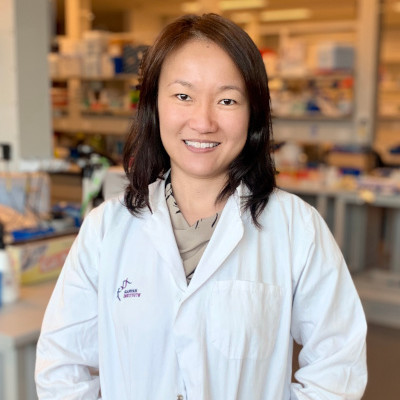
"Thank you for your generosity and support in advancing breast cancer research."
- NBCF-funded researcher,
Dr Mun Hui
FROM US TO YOU, THANK YOU
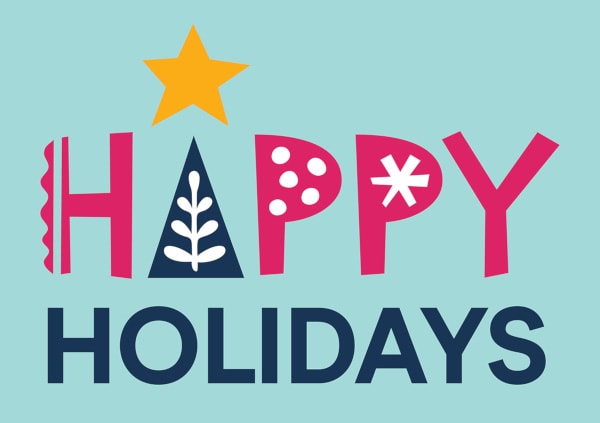
We wouldn’t be where we are today without your ongoing generosity.
Every new research discovery, every step toward Zero Deaths from breast cancer, every life changed and saved – is thanks to you. Since 1994, we have invested in nearly 600 world-class research projects. And it’s your support that got us there.
It’s through research that we can create a better future for people diagnosed with breast cancer. It has helped increase the five-year survival rate from 76% in 1994 to 91% and rising today. But there’s still work to be done.
Breast cancer is now the most commonly diagnosed cancer in Australia and nine people lose their lives to the disease every day. Research is the only way to change the stats and give hope to people with breast cancer everywhere.
That’s why your support means so much. We hope that you have a happier festive season knowing that you are helping to change people’s lives today and well into the future. Tomorrow looks better because of you.
GIVING IT UP FOR BREAST CANCER
When Alan’s father was diagnosed with breast cancer his family was shocked. Not only did they come face to face with the fear that can surface from a cancer diagnosis, but they also had to navigate the lack of awareness of breast cancer in men.
“Learning about the statistics of male breast cancer was a complete shock,” Alan says. “Once my dad was diagnosed, I took it upon myself to ask my male friends if they knew about male breast cancer. Nine out of 10 had no idea it even existed, and thought it was a female cancer.”
To raise awareness of breast cancer and funds for NBCF, Alan gave up alcohol and sugar for a month as part of the NBCF Give it Up challenge. Give it Up challenges people to give up something for 30 days and raise funds for life-changing research– helping make Zero Deaths from breast cancer a reality.
Alan says watching his father's reaction to his breast cancer diagnosis was heart wrenching.
“He was almost embarrassed to tell people because it is so commonly known as a female cancer. I want men to know that they are not alone in this fight, and that it does affect other men, just like my dad.”
Thank you to Alan, and everyone who has taken part in the Give it Up for Breast Cancer challenge. Research is the best way to stop deaths from breast cancer – and you’re playing a crucial part in getting us there.
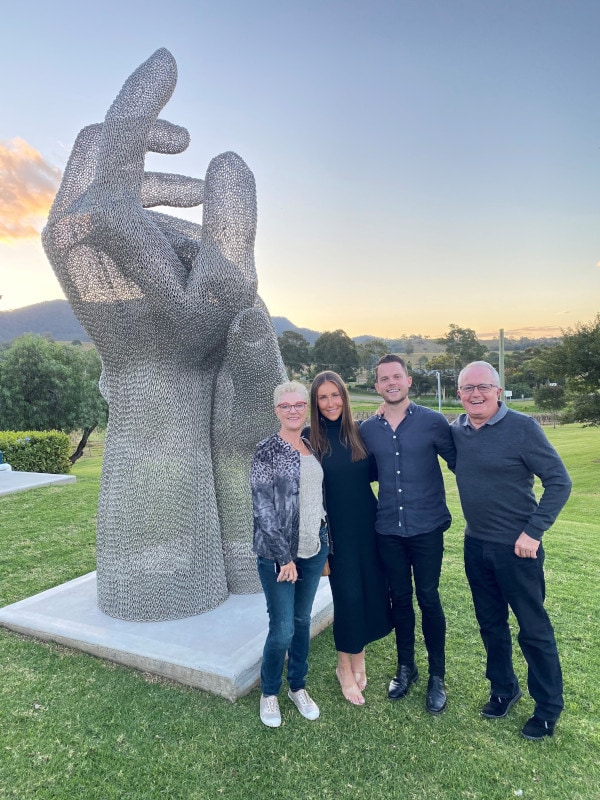
THE 164 MEN YOU DON’T HEAR ABOUT
Breast cancer is often thought of as a disease that only affects women. You might be surprised to learn that about 164 Australian men will be diagnosed with breast cancer this year. Here are the facts.
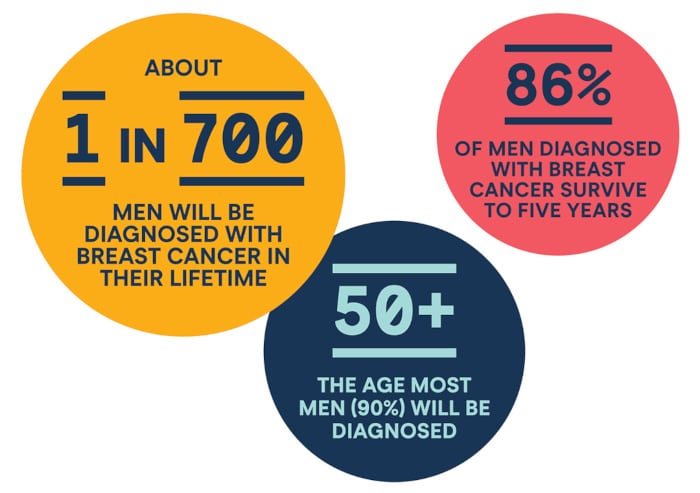
RISK FACTORS FOR MEN
It’s difficult to determine what causes cancer in the male breast, but there are some factors, similar to women, that are linked to the disease. Although these factors increase your risk, they don’t mean you will develop breast cancer.
